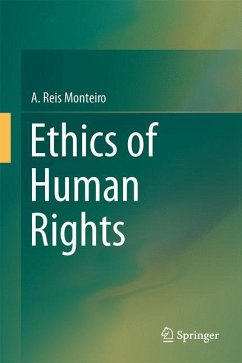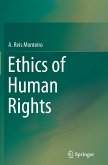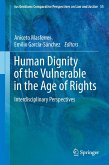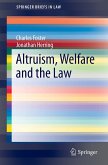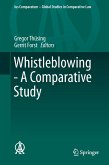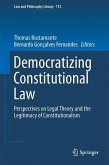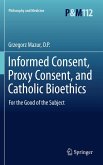This volume focuses on the ethical significance of human rights, aiming at contributing to a universal culture of human rights with deep roots and wide horizons. Its purpose, scope and rationale are reflected in the three-part structure of the manuscript. Part I has a broad introductory historical, theoretical and legal character. Part II submits that an Ethics of Human Rights is best understood as an Ethics of Recognition of human worth, dignity and rights. Moreover, it is argued that human worth consists in the perfectibility of the human species, rooted in its semiotic nature, to be accomplished through the perfecting of human beings, for which the right to education is key. In Part III, the main legal and political outcomes of the Human Rights Revolution are described and answers to the most lasting and common criticisms of human rights are provided. To conclude, the human stature of the Big Five drafters of the Universal Declaration of Human Rights is profiled and the priority that should be recognized to human rights education is highlighted. Some appendices supplement the manuscript. While making a case for the high value and liberating power of the idea and ideal of human rights, objections, controversies and uncertainties are not at all overlooked and emerging issues are explored. The diversity of content of this volume meets many needs of the typical syllabus for a human rights course.
"Written in a clear style, even advanced undergraduates will be able to follow the discussion, while human rights experts will find here a rare compendium of definitions, core ideas and fundamental clarifications. Because of its unique achievement in conceptualising human rights studies, Ethics of Human Rights is essential for masters or doctoral students as a departure point for research in political philosophy or human rights education." (Yves Laberge, Political Studies Review, Vol. 13 (4), 2015)

